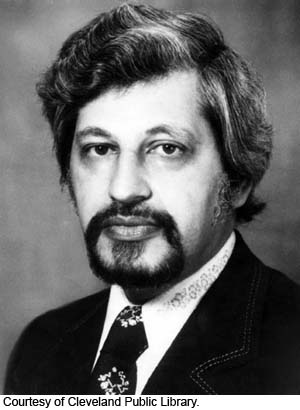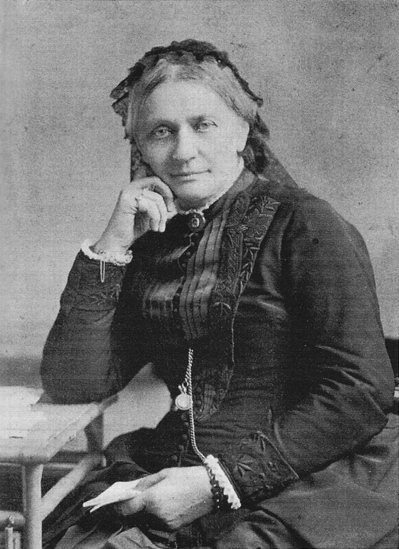by Daniel Hathaway
Update: The Strad reports that Amsterdam’s Royal Concertgebouw has reinstated one of the two performances by the Jerusalem Quartet that it canceled last week due to security concerns. Read the story here.
TODAY’S ALMANAC:
On this date in 1896, the curtain came down on Clara Wieck Schumann’s career in Frankfurt am Main at the age of 76. Take a deep dive into her complete works for solo piano here (duration: 3 hours, 41 minutes) as recorded by Belgian pianist Jozef De Beenhouwer.
By Mike Telin
It’s always interesting to scroll through the list of musicians born on any single day and see who catches your attention. Although I found today’s list to be a bit sparse, aside from singers Joe Cocker and Cher, one name particularly caught my eye. On May 20, 1927, composer and teacher Walter Aschaffenberg was born in Essen, Germany.

He began composing at an early age and would go on to study with Herbert Elwell at Oberlin College, Bernard Rogers at Eastman, and later with Luigi Dallapiccola in Florence, Italy. During his career, Aschaffenburg was the recipient of two Guggenheim fellowships as well as awards from the Fromm Foundation and the National Institute of Arts and Letters, and in 1980 he was awarded the Cleveland Arts Prize for Music. He joined the theory and composition faculty at Oberlin in 1952, a position he held For 35 years.
In her Cleveland Arts Prize tribute, Wilma Salisbury wrote, “Aschaffenburg, a meticulous composer whose technically challenging music often required a long gestation period, combined 12-tone technique with diatonic melodies and consonant harmonies.”
His expansive catalog includes the short opera Libertatem Apellant (1976), based on correspondence between John Adams and Thomas Jefferson, and an Oboe Concerto (1986) which longtime Philadelphia Orchestra principal John de Lancie called “the most impressive contemporary work for the oboe.” The piece was recorded by James Caldwell and the Cleveland Chamber Symphony, led by Edwin London. His Ozymandias and Three Dances for Orchestra received performances by The Cleveland Orchestra — the first under the direction of Leopold Stokowski, the second under James Levine.
But as Salisbury noted, his most frequently performed piece is a fanfare he wrote for Blossom Music Center. “The brief composition was one of two winners in a competition sponsored by the Junior League of Akron. Cleveland Arts Prize winner Donald Erb (1966) and Special Citation winner Louis Lane (1971) selected Aschaffenburg’s fanfare from more than 200 entries by 158 American composers. The festive piece was recorded by the Cleveland Orchestra brass, premiered June 23, 1970, and repeated on orchestra concerts at Blossom for the next two decades.”




